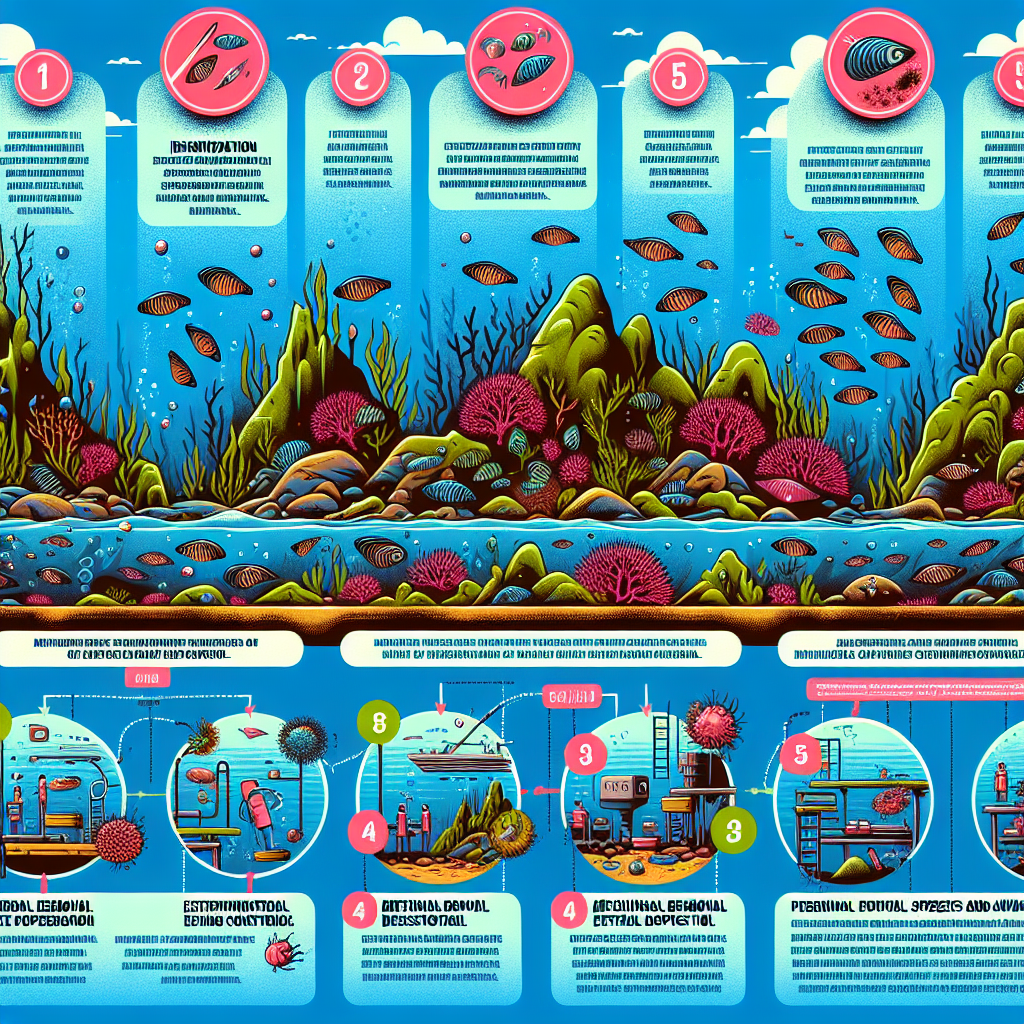Zebra mussels pose a significant threat to aquatic ecosystems, infrastructure, and economic interests. Their rapid proliferation can disrupt native species, clog water intake systems, and damage boats and docks. If you’re concerned about the impact of these invasive mollusks, you’re not alone. Understanding effective strategies for eradicating zebra mussels is crucial for safeguarding our waterways and preserving biodiversity. The good news is that there are numerous innovative, sustainable methods available to combat these interlopers.
Comprehensive Approaches to Managing Zebra Mussel Infestations
When addressing zebra mussel infestations, a holistic strategy that combines multiple methods often yields the best results. One of the foremost tactics involves early detection and monitoring. Utilizing advanced technologies such as remote sensing and environmental DNA (eDNA) analysis allows for the identification of zebra mussel populations before they can proliferate uncontrollably. This proactive approach not only helps in assessing the current situation but also sets the stage for immediate intervention, ultimately mitigating the infestation’s impact.
In addition to monitoring, public education and community engagement play vital roles in managing zebra mussel populations. Informing boaters and local stakeholders about the risks posed by zebra mussels can foster a culture of prevention. Initiatives such as awareness campaigns and workshops can effectively teach individuals how to clean, drain, and dry their vessels and equipment before moving between water bodies. By empowering communities with knowledge, we can create a collective effort to reduce the spread of these invasive species.
Finally, strategic habitat restoration can also contribute to managing zebra mussel infestations. Restoring native aquatic plants and promoting biodiversity can help create an ecosystem more resilient to invasions. By enhancing the natural habitat, we can support native species that may compete with zebra mussels for resources. This multi-faceted approach not only suppresses zebra mussel populations but also strengthens the overall ecosystem, leading to long-term sustainability.
Innovative Techniques for Successful Zebra Mussel Control
Once an infestation has been identified, utilizing innovative techniques is essential for effective control. One method gaining traction is the use of biocontrol agents, which include specific fish and invertebrates that naturally prey on zebra mussels. By introducing these predators into waters where zebra mussels are abundant, we can create a natural balance, reducing their numbers over time. Research continues to optimize the selection of these biocontrol agents, ensuring they complement the native ecosystem without causing additional harm.
Another advanced technique involves the application of environmentally safe molluscicides. These targeted chemical treatments can effectively kill zebra mussels while minimizing impacts on non-target species. Recent developments have led to formulations that are more effective at lower concentrations, making them safer for the surrounding aquatic environment. Controlled applications in conjunction with monitoring efforts can yield significant reductions in zebra mussel populations, providing a critical tool in the fight against this invasive species.
Moreover, thermal treatments have emerged as a revolutionary method for zebra mussel control. By using hot water or steam to raise the temperature of infested materials, we can effectively kill zebra mussels without leaving harmful residues. This technique is particularly useful for cleaning boats and equipment that have been in contaminated waters. Studies indicate that maintaining a temperature of 140°F for just a few minutes can eradicate zebra mussels, offering a fast and practical solution for those who want to decontaminate their gear before launching into uninfested waters.
By adopting comprehensive approaches and exploring innovative techniques, we can make significant strides in eradicating zebra mussels from our waterways. The integration of proactive monitoring, community engagement, biocontrol methods, and advanced treatments can form a robust defense against these invaders. As we become more informed and proactive, we can protect our ecosystems and preserve the integrity of our water bodies. If you are involved in waterway management or simply an advocate for environmental health, consider implementing these strategies in your efforts. Together, we can combat the threat of zebra mussels and restore balance to our cherished aquatic environments.
Exploring the Impact of 40,000 Daily Steps on Weight LossEffective Yoga Poses for Optimal Weight Loss and WellnessComprehensive Reviews of Happy Mammoth Weight Loss ProgramRelevant LinkRelevant LinkRelevant Link




